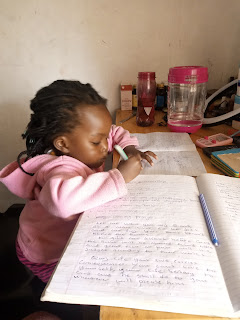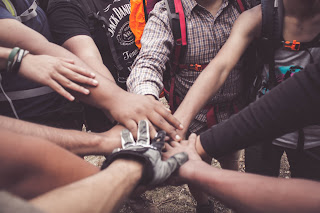NO NATION CAN DEVELOP THROUGH MORAL DECAY BY ALLAN MUFWANA

<script async="" crossorigin="anonymous" src="https://pagead2.googlesyndication.com/pagead/js/adsbygoogle.js?client=ca-pub-5632014805880740"></script> Every country in the world is governed by its Constitution which is the supreme law of the land. The Constitution represents the common and shared values under which a nation agrees to govern itself and any citizen or foreigner who goes against the Constitution of the land goes against the agreed and shared values of that nation and breaks the law. Zambia is a sovereign nation governed through the Constitution. No one is above the Constitution. We are One Nation One Zambia. It's against this background that any activities or behavior that goes against the common and agreed shared values of the nation should be condemned in the strongest terms possible and the law applied rightfully to deter immoral conduct. It's a known fact that Zambia is a Christian nation as enshrined in he...










